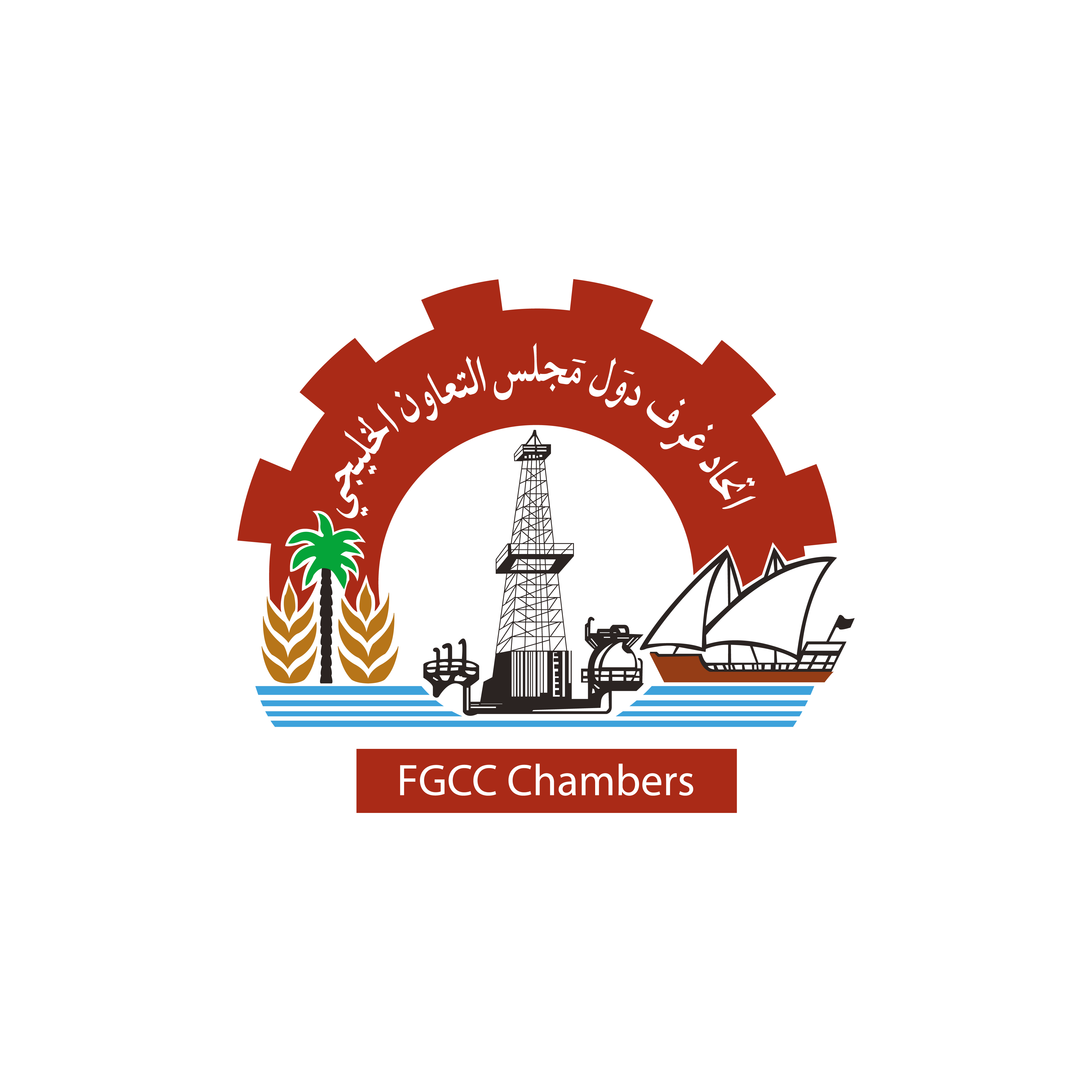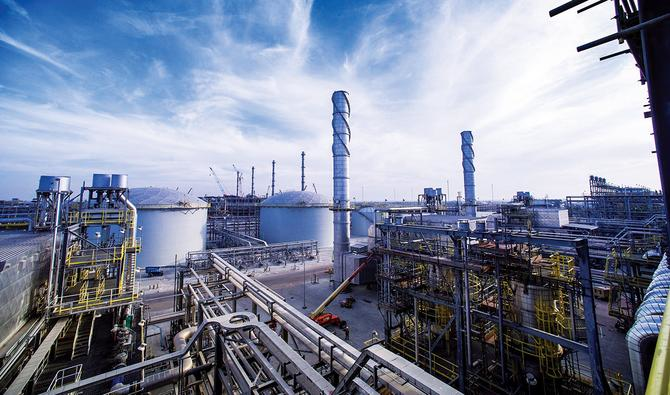Saudi Arabia’s Cabinet has approved a set of standardized incentives aimed at boosting the Kingdom’s industrial sector, marking a significant step in the nation’s ongoing efforts to diversify its economy.
The decision was made during a Cabinet meeting chaired by Crown Prince Mohammed bin Salman on Tuesday, according to the Saudi Press Agency.
The Cabinet also endorsed several other key measures, including regulatory support for the National Cybersecurity Authority and structural changes for the National Center for Marine Information. These initiatives are part of a broader strategy to strengthen various sectors of the economy and reduce Saudi Arabia’s longstanding dependence on oil revenues.
As part of the country’s push for economic diversification, the National Industrial Development and Logistics Program reported in August that the number of industrial establishments in Saudi Arabia grew by 60 percent from 7,206 in 2016 to 11,549 in 2023.
“The Cabinet’s approval of standard incentives for the industrial sector supports and enables the transformation journey in the Kingdom, which contributes to achieving economic diversification and raising the sector’s contribution to the gross domestic product,” said Saudi Finance Minister Mohammed Al-Jadaan in a post on the social media platform X.
The Cabinet also commended the recent visits of French Prime Minister Emmanuel Macron and UK Prime Minister Keir Starmer to Saudi Arabia, recognizing that such diplomatic engagements will enhance international cooperation in various fields.
Additionally, the Cabinet highlighted Saudi Arabia’s improved credit ratings, noting that recent upgrades by international agencies reflect the progress of the Kingdom’s economic reforms. In November, Moody’s raised Saudi Arabia’s long-term local and foreign currency issuer ratings to Aa3 from A1, signaling strong creditworthiness and the Kingdom’s ability to meet its financial obligations.
Another significant development highlighted by the Cabinet was the launch of the Riyadh metro project, which is expected to enhance infrastructure, promote economic growth, and improve the quality of life for citizens.
The Cabinet also approved a memorandum of understanding between Saudi Arabia’s Ministry of Environment, Water, and Agriculture and Cuba’s environmental agency to strengthen cooperation in environmental protection. Furthermore, it authorized the Ministry of Industry and Mineral Resources to pursue a draft memorandum of understanding with Iraq’s Geological Survey to enhance geological and scientific collaboration between the two countries.
These decisions underscore Saudi Arabia’s commitment to advancing its economic and infrastructural development while strengthening international ties and environmental stewardship.



